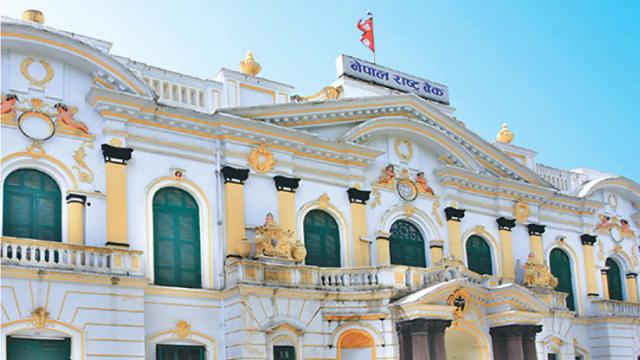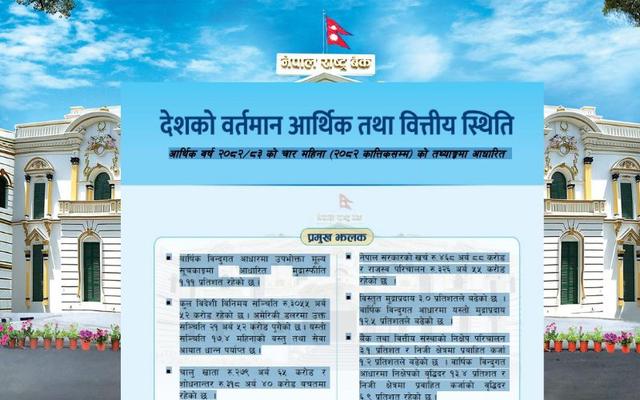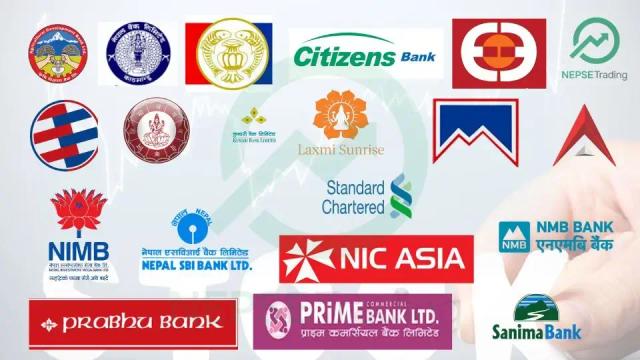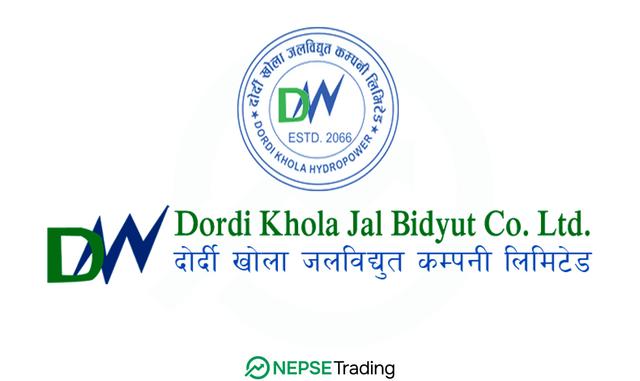Delay in Full Audit of Commercial Banks Amid IMF Loan Condition Dispute
Author
NEPSE trading

The full audit of ten commercial banks required under the International Monetary Fund’s (IMF) Extended Credit Facility (ECF) condition is now facing delays, following legal disputes over the selection of the auditing firm by Nepal Rastra Bank (NRB).
The central bank had selected Haolader Yunus & Co. of Bangladesh for the second phase of auditing, set to begin in mid-July (Asar), but the selection has been challenged in Nepal’s Supreme Court by rival bidder Mehera–JKSS–SSBDI Joint Venture, which was not chosen.
Following a hearing on Friday, Justice Hari Prasad Phuyal’s single bench issued an interim order and summoned both parties for a detailed hearing. The complainant argues that a technically weaker firm was selected in violation of competitive standards and has sought judicial review.
Court Intervention Halts Process
According to the petitioner Satish Subedi, director of S. Subedi & Associates, the selected firm lacked the credentials and capacity outlined by the IMF’s requirements. The Supreme Court has given the central bank 15 days to submit the selection-related documents for review, after which the final hearing will be scheduled.
Although NRB was preparing to start the audit in July, the process now remains uncertain due to the legal challenge. Central bank officials have confirmed that the timeline will depend on the court’s outcome.
Background and IMF Loan Link
The IMF had made the full audit of active commercial banks a mandatory structural benchmark under its ECF program. This is part of efforts to ensure transparency, assess the quality of assets, and evaluate loan portfolios, particularly amid concerns over non-performing loans and "evergreening" practices in Nepal’s banking system.
The central bank had initially selected KPMG Assurance & Consulting Services (India) through open bidding, but the selection was scrapped after the firm demanded a significantly higher budget. A second round of shortlisting was then conducted, which included:
Deloitte Partner (Sri Lanka)
Haolader Yunus & Co. (Bangladesh)
KPMG Assurance & Consulting Services (India)
Mehera–JKSS–SSBDI JV (India)
MSK & Associates (India)
SRBA & BK Agrawal & Co. (India)
Among these, Haolader Yunus & Co. submitted the best technical proposal and was selected. The firm has until June 7 to submit its financial proposal. However, the legal dispute now jeopardizes the start of the auditing process.
Scope of the Audit
The full audit will not just examine loans, but the entire financial health of the selected ten commercial banks. The focus will be on loan size, default rates, and asset quality, which the IMF believes have been poorly managed or misrepresented.
NRB estimates the process will require 22 auditors from the selected firm, supported by two central bank staff in each of the ten banks.
Banks suspected of weak asset quality and poor adherence to prudent banking practices will be prioritized for this audit. The selection model was created by the auditing firm, while the framework was outlined by NRB.
Remaining IMF Tranche at Risk
Nepal has been promised a total of $282.42 million under the IMF’s ECF program, to be disbursed in seven tranches. So far, five tranches have been released, and $87.09 million remains pending. Each disbursement is conditional upon structural benchmarks like financial sector audits and macroeconomic reviews.
This audit delay poses a direct risk to Nepal receiving the remaining disbursement on schedule.
The full audit of commercial banks – a key condition for securing IMF funding – is now in limbo. The matter’s escalation to the Supreme Court has put NRB’s process under scrutiny and delayed the entire compliance timeline. The future of Nepal’s remaining IMF disbursement now hinges on the court’s decision and how swiftly the auditing process can resume.



